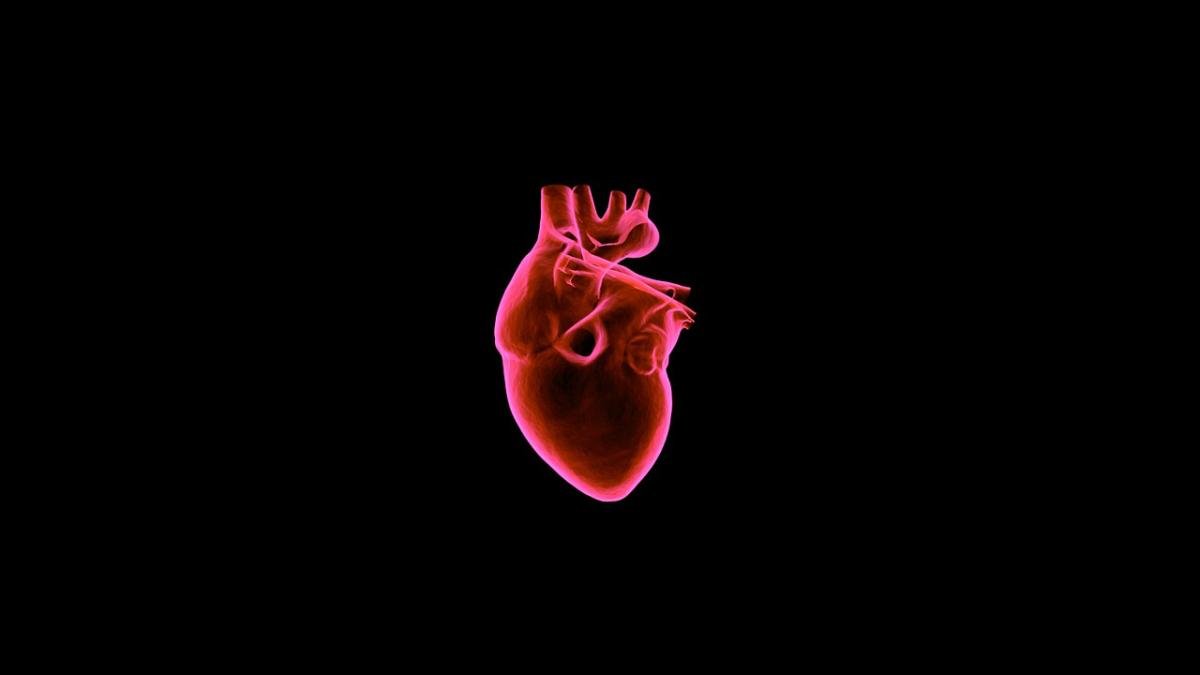Physiotherapists, and other healthcare professionals, should consider psychosocial factors when they assess and treat people with cardiac arrhythmias.

This is according to a new guideline on cardiac arrhythmias in coronary heart disease, published by the Scottish Intercollegiate Guidelines Network (SIGN).
Based on a systematic review of scientific literature, the guideline is a resource for healthcare professionals, such as cardiac physiotherapists, who are involved in the management of patients with cardiac arrhythmias.
It provides evidence-based recommendations for the management of cardiac arrest and the arrhythmias associated with acute coronary syndrome, chronic coronary heart disease and cardiac surgery.
Among its recommendations, it suggests that
• Psychological interventions, as part of comprehensive cardiac rehabilitation programmes, can reduce anxiety and depression in patients with coronary heart disease
• Patients with chronic cardiac arrhythmias and cardiac arrest should be screened for anxiety or depressive disorders with referral to specialist psychology services where appropriate
• Selective cognitive screening should be available especially after a cardiac arrest and for older cardiac patients experiencing persistent memory or other cognitive difficulties
Laura Burgess, chair of the British Association for Cardiovascular Prevention and Rehabilitation-Exercise Professionals Group chair and co-chair of the Association of Chartered Physiotherapists in Cardiac Rehabilitation (ACPICR), welcomed the guideline’s emphasis on psychosocial issues.
Ms Burgess, who is also the clinical lead physiotherapist and team manager for cardiac rehabilitation at Wythenshawe Hospital, told Frontline: ‘Psychosocial interventions offered as part of a comprehensive rehabilitation programme should encompass a cognitive behavioural component.
‘Physiotherapists in addition to providing the exercise component of cardiac rehab can also extend their role with CBT training to provide psychosocial intervention. Thisof course would be with the support of a named psychological lead within the cardiac rehab programme.’
ACPICR co-chair Catrin Warren, a clinical specialist physiotherapist who works as part of a cardiac rehab team at Betsi Cadwaladr University Health Board, said: ‘This resource is useful not only for physiotherapists involved in cardiac rehabilitation but physiotherapists in general.
‘It provides information to support knowledge on conditions commonly encountered in wider practice such as atrial fibrillation.’
SIGN collaborates with a network of clinicians, health and social care professionals, patient organisations and individuals to develop evidence-based guidelines that aim to improve healthcare outcomes and reduce variations in practice.
Find Out More
Number of subscribers: 1



































